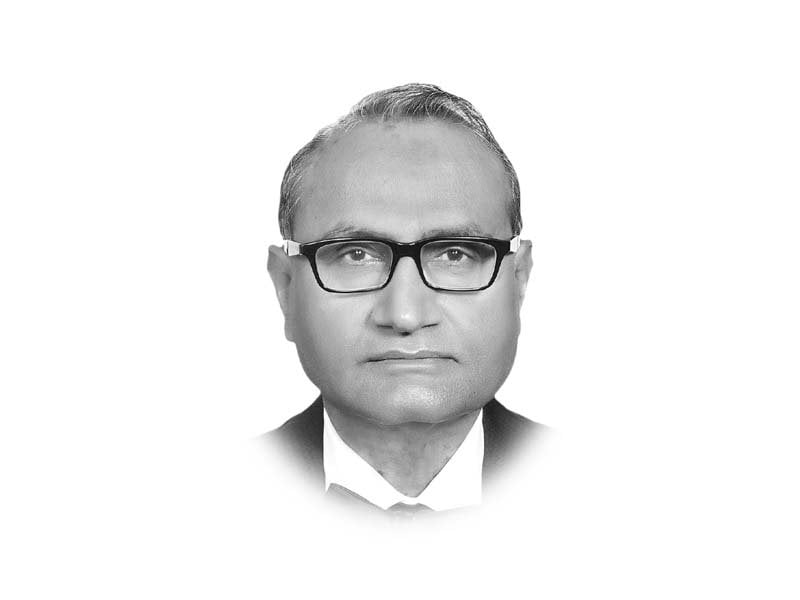
Broadly, property taxes are of two types. One is the US model, with clearly recorded ownership titles and timely information on changes in property values. This is hard to implement in countries like Pakistan. The other is a simpler “beneficial” tax based on occupancy and using rate-setting and simple criteria depending on the size and location linked to the cost of service delivery. It avoids the complexity of full cadastre and abstruse valuation changes by linking registration and occupancy to the cost of service delivery. Countries with complex ownership/leasehold structures are recommended this approach. In the UK, the approach generates 3.3 per cent of GDP in revenue. Professor Ahmad is working with the Chinese finance ministry to devise a system for them. Along with Lord Stern, he had carried out ushr-related simulations for the 1980s. Land tax used to generate around 5 per cent of GDP from Moghul days until the Government of India Act, 1935. Political considerations and corrupt patwaris led to the collapse of the tax base. Their simulation of acreage-based land tax linked to a percentage of gross output (7.5%) for insurance purposes above the limit of 12.5 acres was modestly estimated to yield one per cent of the GDP. This land tax credited towards ushr was linked with local public services: healthcare, basic education and social protection for the locally identified needy. It would have transformed rural local governments towards better accountability and social service delivery. That was then. Now, as he puts it, property tax on beneficial area/locality-based model linked to basic services could generate an additional one per cent of the GDP in Pakistani cities. The finding is informed by his ongoing research that places the estimate for cities in China and Mexico at 2 and 1.5 per cent of the GDP respectively.
In sum, Professor Ahmad calls for developing a beneficial property tax model for local governance with a local tax system linked to local infrastructure and service delivery, revamping local government for improved accountability, a focus on SDGs and a generalised asset-based tax system linked to social services; besides access to credit for local infrastructure. Interestingly, the beneficial property taxes imply zero net tax — the burden of taxation being compensated by the benefit of expenditures. As a result, changes in taxes and expenditures do not raise reactions from taxpayers, such as migration, protests and voting out incumbents. Also, there is less resistance and, including, above all, cheating. He believes that his scheme of things is likely to reduce informality as well.
Published in The Express Tribune, February 7th, 2020.
Like Opinion & Editorial on Facebook, follow @ETOpEd on Twitter to receive all updates on all our daily pieces.

1729161093-0/liam-(4)1729161093-0-165x106.webp)



1729497869-0/Untitled-design-(54)1729497869-0-270x192.webp)








COMMENTS
Comments are moderated and generally will be posted if they are on-topic and not abusive.
For more information, please see our Comments FAQ